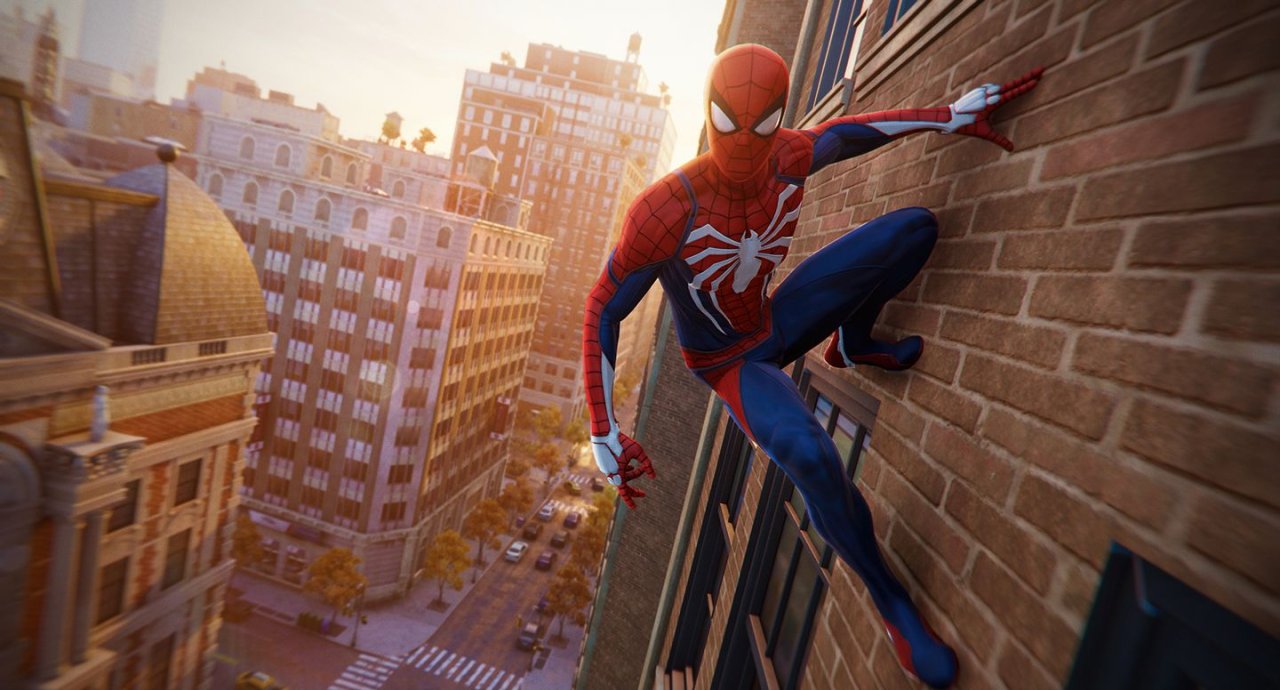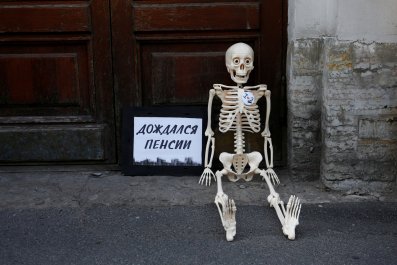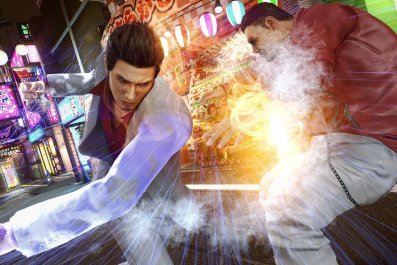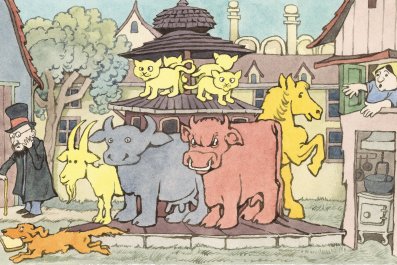In many ways, video games provide the perfect medium for superhero stories. Movies, comics and TV allow us to watch our heroes; games let us become them.
But what about when a story is as iconic as Spider-Man's? The character has been a cultural icon for 50 years, after debuting in Amazing Fantasy #15, a Marvel Comics anthology. (He'd get his own series, The Amazing Spider-Man, in 1963.) Moreover, the superhero has been the subject of six films—most of them blockbusters, all with visceral cinematics—and one infamous (some say cursed) multimillion-dollar Broadway musical, Spider-Man: Turn Off the Dark. How do you top that? And how do you take a well-trodden story and make it feel fresh?
These were the challenges facing Insomniac Games when they began creating Marvel's Spider-Man. "Video games are not a passive medium—we have to make you feel like Spider-Man," creative director Bryan Intihar tells Newsweek. "We knew we had to invest heavily in our storytelling and cinematics."
As Spider-Man might say, "With great power comes great responsibility." Lead writer Jon Paquette's directives to his three-man team: Research, research, research. And once you absorb that expansive catalogue? Forget it completely! Don't stay married to one specific storyline or character, and create a unique universe.
The writers were presented with a rough outline, one that skips the character's adolescence altogether—those high school years when a lab accident turned ordinary, mild-mannered Peter Parker into our hero. In the game, Peter is 23 years old, a promising young scientist, and, as Spider-Man, practically a crime-fighting veteran.
From there, Paquette and his team let their imaginations run wild. It's a process that echoes the one used by Spider-Man creators Stan Lee and Steve Ditko in the '60s. Known as the "Marvel method," it involved Lee coming up with a basic story arc that Ditko then filled in with action.
"We just had an outline with some beats," says Paquette. "Then we started to develop the gameplay, where the player would be going in the city and what they'd be doing. We can't just have a character who is interesting on the page. We need to know what they do. What kind of problems do they have for a player?"
Ones that will be spread across a re-creation of New York City, full of real-world landmarks and places only found in the Marvel Universe. Players can swoop low over stalled Fifth Avenue traffic and scale the fictional Oscorp Building in seconds.
The game has received high marks in previews, winning awards—for best console game and best action adventure game—at the annual industry gathering E3 in Los Angeles.
"We want to give you NYC the way you imagined it," says Paquette. "If people can say, 'I felt like Spider-Man, even while sitting on a couch,' that's something other media can't do."

















